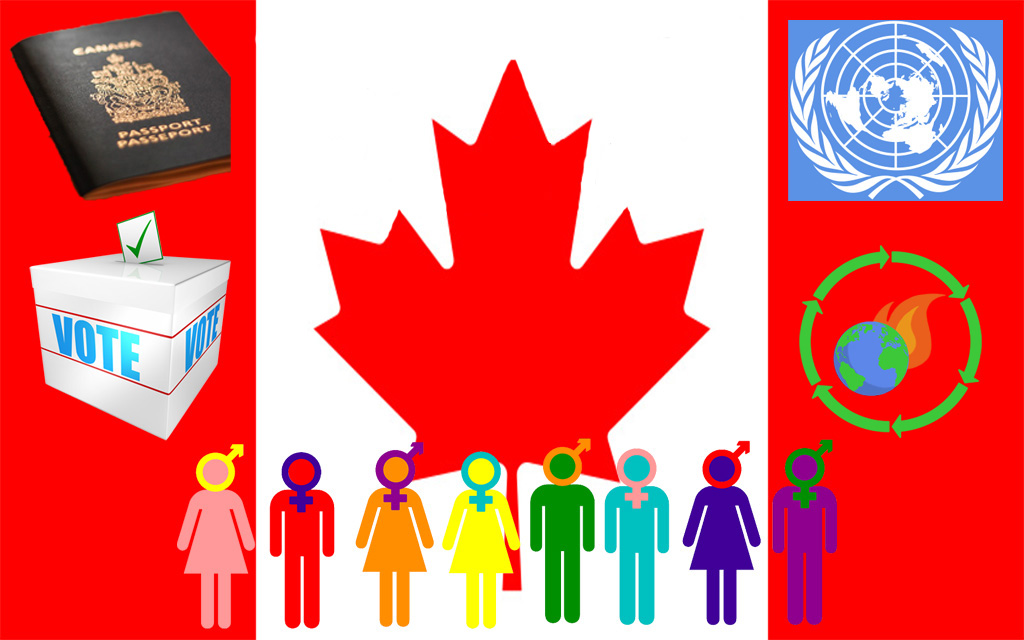On Dec. 31, 2019, the first official case of COVID-19, or the coronavirus, was reported in Wuhan, China. Since then, much has changed, and a world of roughly eight billion people have descended into pandemonium.
As I write this from my home, let’s be sure that in times like these we do not forget the disadvantaged peoples in our society: the university student whose life plans and living situations have suddenly changed, the parent who is being forced to choose between work or taking care of their family, the elderly person who is now more isolated than ever, the retail worker called into work to accept your money with a smile while you both internally fear the interaction and lastly, our first responders and health care workers who are on the front lines of this now global pandemic.
Let’s assess the situation from a factual standpoint. At the time of writing, March 16 at 8 a.m., there are over 160,000 confirmed cases of COVID-19 worldwide and 6,470 deaths due to COVID-19, according to the World Health Organization. The one fact you haven’t seen in the news and on Facebook is that over 72,000 people have fully recovered from COVID-19, including 11 Canadians, as of March 14. While there are almost 304 cases reported in Canada as of March 15, most of the cases are found in China, Iran and Italy, but cases are rapidly multiplying in other countries such as Spain and the United States.
In New Brunswick, there is one confirmed case of COVID-19, and five presumptive cases, as of March 15. All are said to be in self-quarantine in New Brunswick, which is exactly what they are supposed to do. COVID-19 overwhelmingly targets elderly people, so now is not the time to visit grandma. It also targets people with pre-existing conditions, such as respiratory conditions and conditions hindering one’s immune system.
Symptoms of COVID-19 include flu-like symptoms such as a fever, a cough, or a general feeling of being unwell. If you seriously believe you may have COVID-19, do not go to the emergency room. This virus targets those who are medically vulnerable, and a lot of those people are in the ER.
According to the Government of New Brunswick: “If you start having symptoms (headache, congestion, achiness, feeling unwell) or your symptoms get worse (fever, cough, difficulty breathing) isolate yourself from others as quickly as possible. Immediately call Tele-care 8-1-1. Describe your symptoms and travel history. They will provide advice on what you should do.”
The virus seems to be transmitted through droplets, so if coughing or sneezing, please do so into your elbow and away from other people.
While schools and universities, along with other non-essential services attempt to close to prevent COVID-19 from spreading, it is important to take care of yourself. Humanity has faced many diseases worse than this and is still here and going strong. While we feel isolated, and more fearful, it is important to still do the things that make us human. Financial assistance to the tune of billions of dollars is on its way, so some of us can breathe easier regarding work.
While we wait out this virus, continue to love, continue to laugh, take a walk, enjoy music and film, keep chatting with your friends. Do not wrap yourself in toilet paper and frantically buy food, as you’ll only hurt the people who need those things most, who are also much more vulnerable to COVID-19.
One day soon, we, as a generation, will be able to say cheers at a party and chuckle with a Corona in our hand, knowing we have a better understanding of what is more important to our humanity, health, love and community. With that, make safe and smart decisions.

